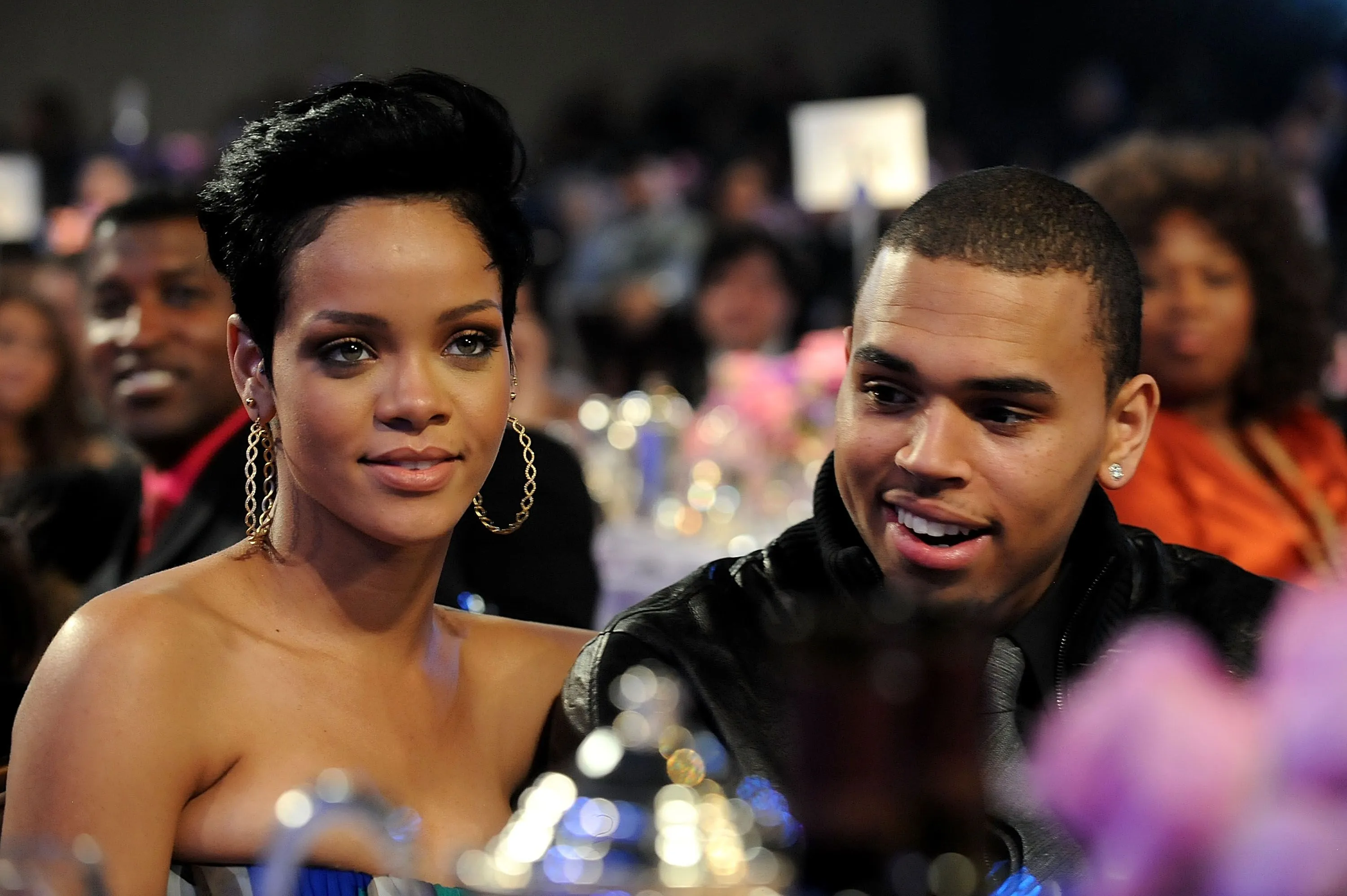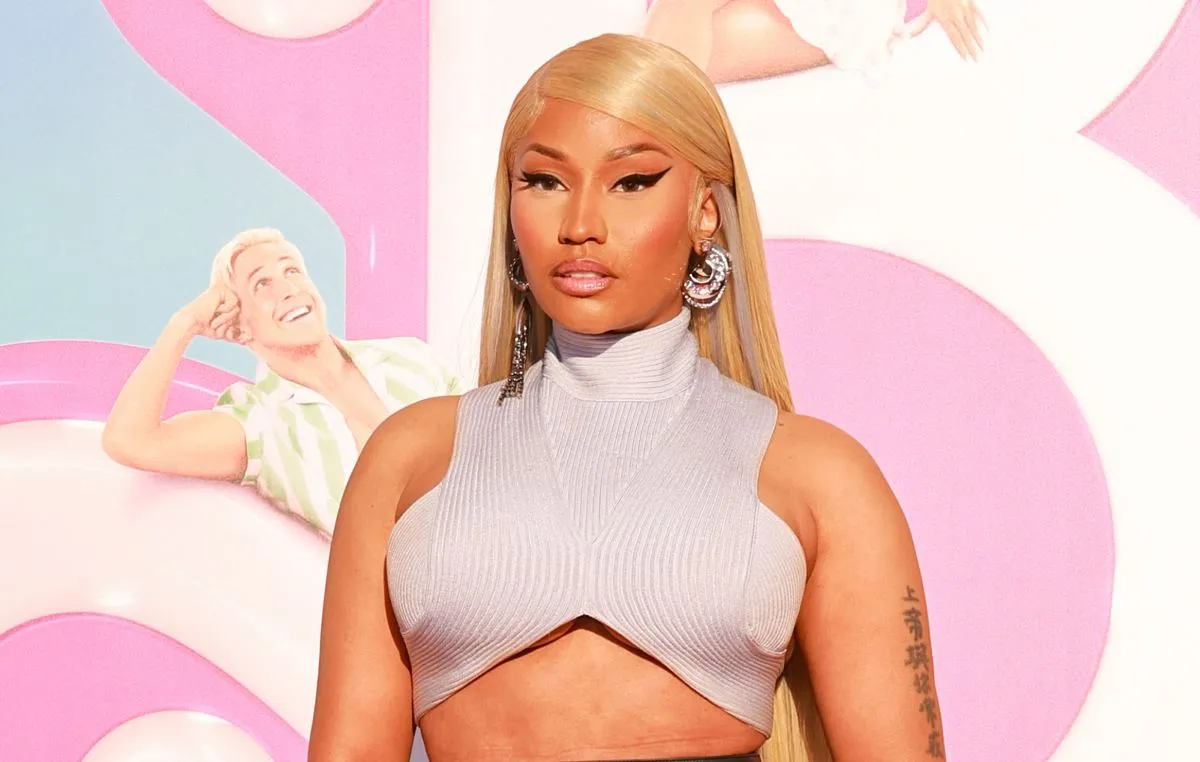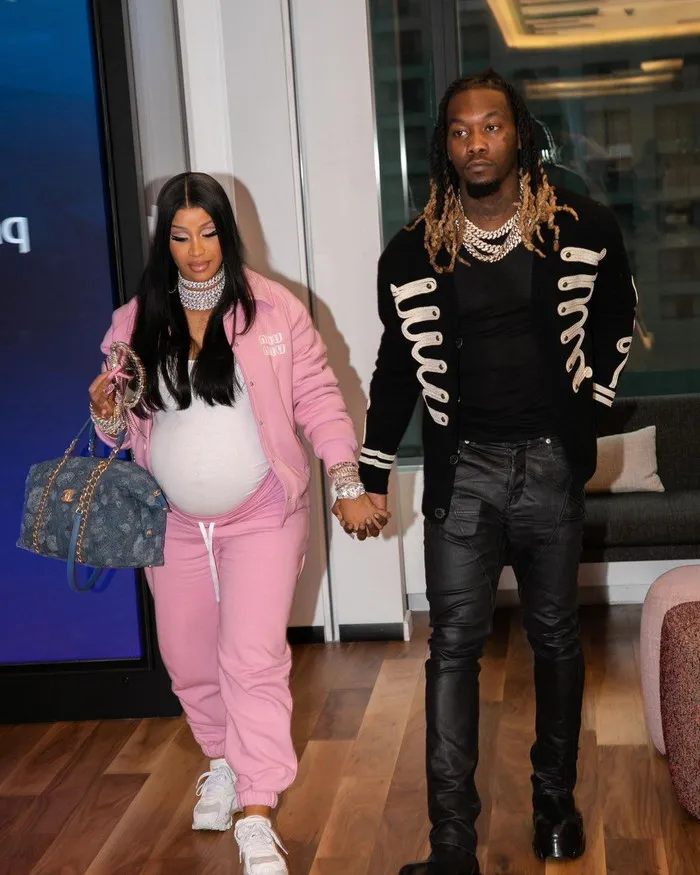

Chris Brown’s Shocking Confession About ‘Trashy Girls’ Sparks Fresh Debate Over His Past With Rihanna
Chris Brown’s Candid Words Stir the Public
In the world of music and celebrity culture, Chris Brown has always been a lightning rod for controversy. His talent as a singer, dancer, and performer is undeniable, but his personal life has often overshadowed his achievements. Recently, a shocking statement attributed to Brown about so-called “trashy girls” reignited heated debates across social media and the press. While his words may have been intended as blunt honesty, they immediately drew connections to his turbulent past, particularly his infamous relationship with Rihanna. This confession is not simply about one offhand remark but a reminder of the fragility of reputation and the power of memory in a digital age.

The Meaning Behind “Trashy Girls”
When Brown allegedly referred to “trashy girls,” critics and fans alike demanded context. Was he speaking about a certain lifestyle, about women who engage in shallow relationships, or about the people he encounters in the entertainment industry? The term itself is loaded and dismissive, and many considered it a reflection of Brown’s long struggle with how he views women in general. To his supporters, the statement seemed more like a critique of superficiality than an attack on women as a whole. Yet for others, the words symbolized a deeper pattern of disrespect that has followed him for more than a decade.
The very phrasing, “trashy girls,” triggered emotional responses because it felt degrading. In today’s cultural climate, where sensitivity to gender dynamics is stronger than ever, such a term appears not only outdated but also hostile. Brown, who has repeatedly tried to rebuild his public image, has once again stumbled into a minefield of criticism by associating himself with a phrase that reeks of judgment and contempt.
Linking the Past With Rihanna
The shadow of Rihanna inevitably looms large whenever Brown’s personal choices or words are scrutinized. The violent altercation in 2009 that left Rihanna visibly bruised is one of the most infamous celebrity scandals of the 21st century. Though both stars have spoken publicly about healing and moving forward, the incident remains etched in cultural memory. For critics, Brown’s recent remarks about “trashy girls” cannot be separated from that past.
Some argue that by using such language, Brown reveals an unhealed wound within himself, perhaps an ongoing struggle with respect and empathy in his relationships. Rihanna, on the other hand, has built a thriving career as a global icon in music, fashion, and business. The stark contrast between her upward trajectory and Brown’s constant entanglement in controversy highlights why the public is so quick to tie his words back to their shared history.
Public Reaction and Social Media Storm
Social media platforms lit up instantly after the confession circulated. Twitter, Instagram, and TikTok became arenas for both condemnation and defense of the singer. Fans who have long admired Chris Brown’s music felt conflicted: some insisted that his remarks were being exaggerated, while others admitted they could no longer defend his behavior. Memes, commentary videos, and heated threads flooded timelines, demonstrating just how polarizing the star continues to be.
For younger generations who only know Brown as an accomplished performer, the controversy served as an education about his past. Meanwhile, older fans relived the painful memory of 2009, feeling a sense of frustration that history seemed to echo in his choice of words. The phrase “trashy girls” became more than a comment—it became a mirror reflecting the public’s unresolved feelings about forgiveness, redemption, and accountability.
The Struggle for Redemption
Over the years, Chris Brown has spoken openly about his mistakes, his anger issues, and his determination to grow. He has even attempted to show humility, insisting that he is not the same person he was in his early twenties. Yet redemption in the public eye is rarely straightforward. Every slip of the tongue or questionable action renews doubts about whether real change has occurred.
The latest backlash demonstrates how fragile his journey is. While Brown has undeniably delivered chart-topping hits and sold-out tours, his personal life remains the prism through which many interpret his art. His confession about “trashy girls” jeopardizes the redemption arc he has been striving for. To his critics, it is evidence that he has not truly evolved. To his defenders, it is merely proof of his blunt personality, someone unafraid to speak his mind even at the cost of controversy.
Celebrity Culture and Misogyny
The debate surrounding Brown’s statement is not solely about him as an individual. It also ties into broader conversations about celebrity culture and misogyny in the music industry. Male stars have often been excused for problematic behavior, while women are frequently judged with harsher standards. The term “trashy” is itself a gendered insult, historically used to demean women for their looks, choices, or lifestyles.
By using such a phrase, Brown has unwittingly reminded the world of how far society still needs to go in addressing sexism and respect. Critics argue that as a man with immense influence, he has a responsibility to speak carefully and avoid language that can harm or belittle. Supporters counter that celebrities are human, prone to mistakes, and should not always be burdened with the weight of cultural expectations. Regardless of where one stands, the incident reveals how sensitive the public is to issues of gender respect in today’s climate.
The Ongoing Connection With Rihanna
Rihanna herself has not commented on the situation, but her silence is telling. She no longer needs to address Chris Brown in order to define her own narrative. Her empire in beauty, fashion, and music has elevated her far beyond the confines of that dark chapter. Still, every time Brown makes headlines, her name inevitably resurfaces.
The public fascination with connecting Brown’s words to Rihanna is partly due to the symbolic nature of their past. She represents survival, growth, and success, while he represents the struggle between brilliance and self-destruction. As long as Brown continues to be a controversial figure, their stories will remain entwined in the cultural imagination.
The Cost of Honesty in the Spotlight
One could argue that Chris Brown’s honesty is both his greatest strength and his greatest weakness. Fans admire his rawness, his refusal to sugarcoat his thoughts, and his ability to express emotion through both music and interviews. Yet the entertainment world demands tact, and brutal honesty often translates to public outrage.
The recent confession shows that the line between truth and offense is razor-thin. For celebrities, every word is dissected, contextualized, and amplified. What might be a passing remark in private becomes a global headline in public. For Brown, who has already endured scandal after scandal, the stakes are even higher. His use of the term “trashy girls” has therefore been magnified into a cultural event rather than dismissed as a slip of the tongue.
Where Does Chris Brown Go From Here?
The controversy raises pressing questions about Brown’s future. Can he ever truly shed the weight of his past? Will his art eventually outshine the controversies, or will his every word always drag him back into the shadows of 2009? Redemption stories are common in celebrity culture, but they require consistency, humility, and time.
Brown’s challenge is not only to avoid mistakes but also to actively rebuild trust. His fans crave proof that he respects women, that he understands the weight of his past actions, and that he can speak without diminishing others. Whether or not he can meet those expectations remains uncertain. But one thing is clear: his confession has reignited a debate that shows no sign of fading.

Conclusion: A Debate That Won’t End Soon
Chris Brown’s shocking statement about “trashy girls” has proven to be more than gossip. It has revived difficult questions about respect, redemption, and the lingering shadow of his past with Rihanna. For some, the remark is evidence that he has not changed; for others, it is merely another example of the relentless scrutiny celebrities face.
The controversy underscores the complexity of public forgiveness. Brown may continue to produce hits and thrill audiences with his performances, but his personal words remain just as influential as his songs. As long as his name sparks such divided opinions, the debate over his past—and particularly his connection with Rihanna—will remain alive.
In the end, his confession serves as a reminder that in celebrity culture, nothing is ever forgotten, and every word can ignite a firestorm. Whether Chris Brown emerges from this stronger or more damaged will depend on his ability to learn, adapt, and finally move beyond the shadow that continues to follow him.


















